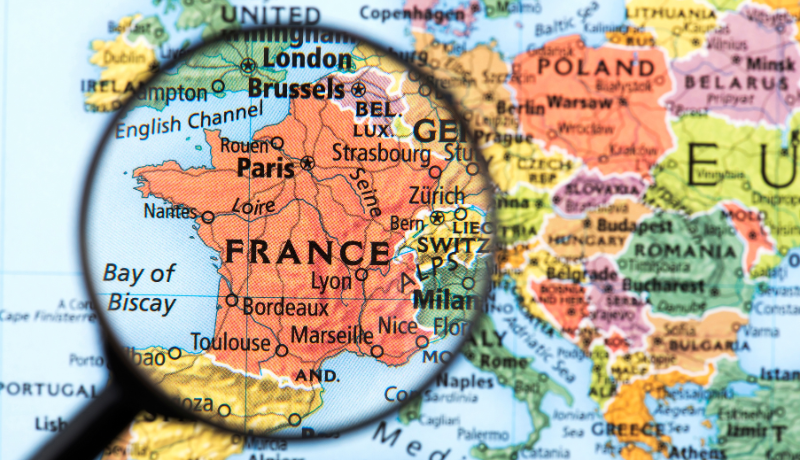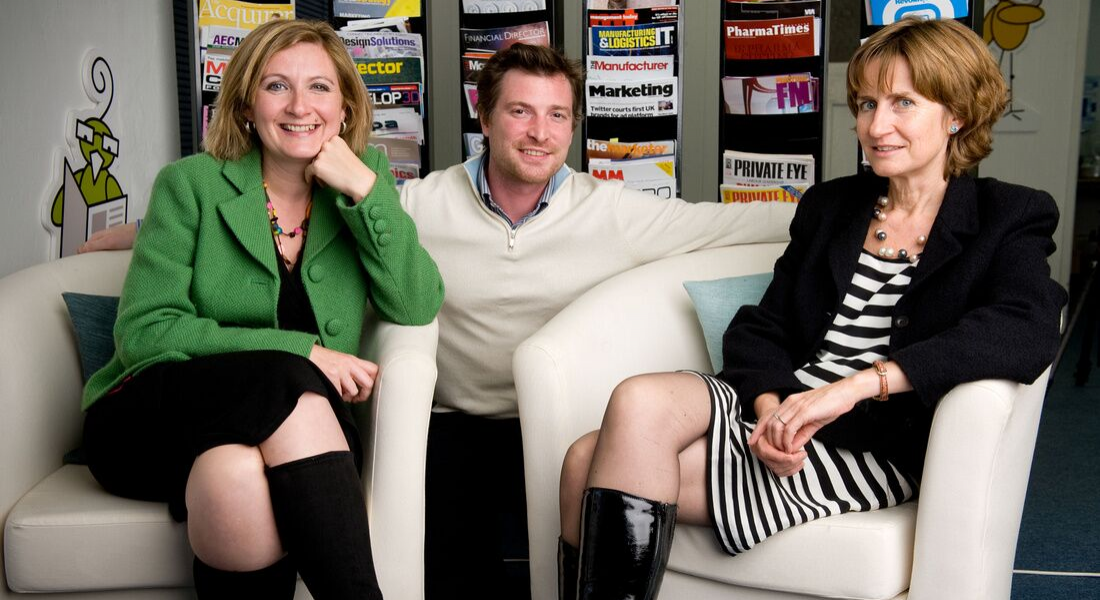ESG & communication: Why companies need committed partners
By Cindy Mouchard
I n France, ESG (Environmental sustainability, social responsibility and governance) issues are no longer just a footnote added to businesses’ end-of-year reports.
They have made their way to the board of directors and form an important part of company growth strategies, as well as internal and external communications. Consumers, employees and regulators now expect to see concrete, coherent and visible action. Companies no longer have a choice — they must commit to ESG goals and know how to communicate them without embellishment. And to do this, they need credible, committed partners.
Commitment is now essential.
Only a few years ago, ESG was seen as an optional extra. This is no longer the case. ESG issues have become central to business; the climate crisis, persistent inequalities, younger generations’ expectations and the desire for meaningful work have all pushed organisations to re-evaluate their role in society.
The legal framework around ESG is also changing rapidly. In France, the PACTE law — a wide-ranging law that encompasses fair practice in business — has allowed companies to be ‘mission driven’. The law on the duty of vigilance also requires large organisations to prevent social and environmental risks in their supply chain.
At the European level, the CSRD (Corporate Sustainability Reporting Directive) came into effect in 2024, expanding the scope of companies’ reporting requirements on extra-financial activities – and further increasing the need to be transparent on ESG matters.
In short, ESG is no longer a case of good will, but of strategic and regulatory importance. Having a plan is a necessity.

ESG communications can’t be improvised – they must be aligned, measured and trustworthy. The days of greenwashing (and getting away with it) are behind us.Cindy Mouchard
Communicating your goals.
ESG communications can’t be improvised – they must be aligned, measured and trustworthy. The days of greenwashing (and getting away with it) are behind us. Consumers and journalists alike are aware and vigilant — and the law has started regulating such abuses. In France, the ARPP (Advertising Standards Authority) and the DGCCRF (the governmental anti-fraud body) are both monitoring environmental allegations.
Companies have already been caught out for having exaggerated the truth. For example, in February 2023, Air France was sanctioned by the ARPP for its campaign, Responsible Travelling. The message was judged to be misleading, allowing its audience to believe that travelling by plane was environmentally friendly. Similarly, H&M has been criticised by the DGCCRG for its ‘Conscious’ range for environmental claims that were alleged to be vague or overstated.
But if done well, communicating about ESG can be a powerful lever. It can unite staff, reinforce employer brand, create trust with the public and help companies to stand out in a competitive field. But it must be based on truth and thought about as a structured story, rather than a succession of opportunistic messages.
Our commitment: Aligning with our own advice.
As an agency, we’re able to support our clients both in France and internationally with developing and promoting their ESG commitments, in line with the ISO 26000 standard. But it’s important for us to go one step further, by creating our own strategy.
We have implemented a series of ESG actions:
- A responsible purchasing policy
- Inclusive HR practices
- More thoughtful choices about how we work (i.e. reducing travel, recycling & reducing our digital footprint)
- Above all, being constantly aware of the projects we work on.
We want to work with purpose-led projects for companies who strive, however imperfectly, for real progress — rather than those simply looking to give their image a polish. We’re not here to exaggerate, but to champion what’s right and what’s credible in a company.
For us, a responsible agency doesn’t have to be the perfect agency — it’s one that questions itself, learns, pays attention and makes a commitment to real progress.
A committed PR agency is more than a service provider.
Communicating about ESG needs more than just finesse. It needs structure, method, rigour and a real ability to transform targets and goals into understandable and useful messages.
Our role is to help organise the message — putting it into the right words, placing it in the right channels, anticipating where there are weaknesses and empowering the company’s true narrative, those that show willingness, action and progress.
Share this:

The author
Cindy is part of our French team, living in Rouen and working between there and Paris.




